How Much Does Solar Panel Installation Cost in India (2024)?
Harnessing the power of the sun is a dream for many Indian homeowners, not just for its environmental benefits but also for the potential cost savings on electricity bills. But before you take the plunge into solar energy, a crucial question arises: how much does it cost to install solar panels in India?
This comprehensive guide dives deep into the factors influencing solar panel installation costs, explores the average price range for different system sizes, and sheds light on government subsidies that can significantly ease the financial burden.
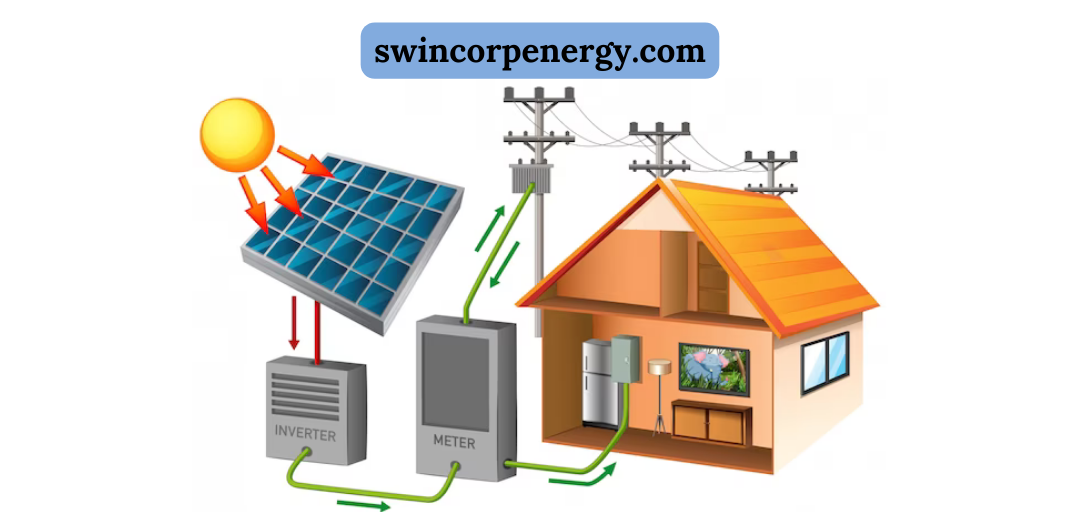
Factors Affecting Solar Panel Installation Costs in India
The total cost of installing solar panels in India is influenced by several key factors:
System Size: The most significant factor is the size of the solar power system you require. This size is determined by your average daily electricity consumption, typically measured in kilowatts (kW). Larger systems with higher kW capacity naturally cost more.
Panel Type: Solar panels come in various types, with varying efficiency levels and price points. Monocrystalline panels are the most efficient but also the most expensive. Polycrystalline panels are a more affordable option with slightly lower efficiency. Newer technologies like bifacial panels offer higher efficiency but come at a premium.
Government Subsidies: The Indian government offers subsidies under the Rooftop Solar Programme Phase – Ⅱ to encourage solar adoption. These subsidies can significantly reduce the upfront cost, making solar power more accessible.
Balance of System (BoS) Costs: Beyond the panels themselves, the installation involves other equipment like inverters, mounting structures, and cables – collectively known as the Balance of System (BoS). The cost of BoS components can vary depending on quality, brand, and complexity of the installation.
Labor Costs: Installation labor costs can differ based on your location and the chosen installer. Getting quotes from multiple companies can help you compare pricing and find the best deal.
Rooftop Condition and Complexity: The type and condition of your roof significantly impact installation complexity. Installing panels on a simple, south-facing rooftop will be more cost-effective compared to a complex, multi-angled roof requiring additional support structures.
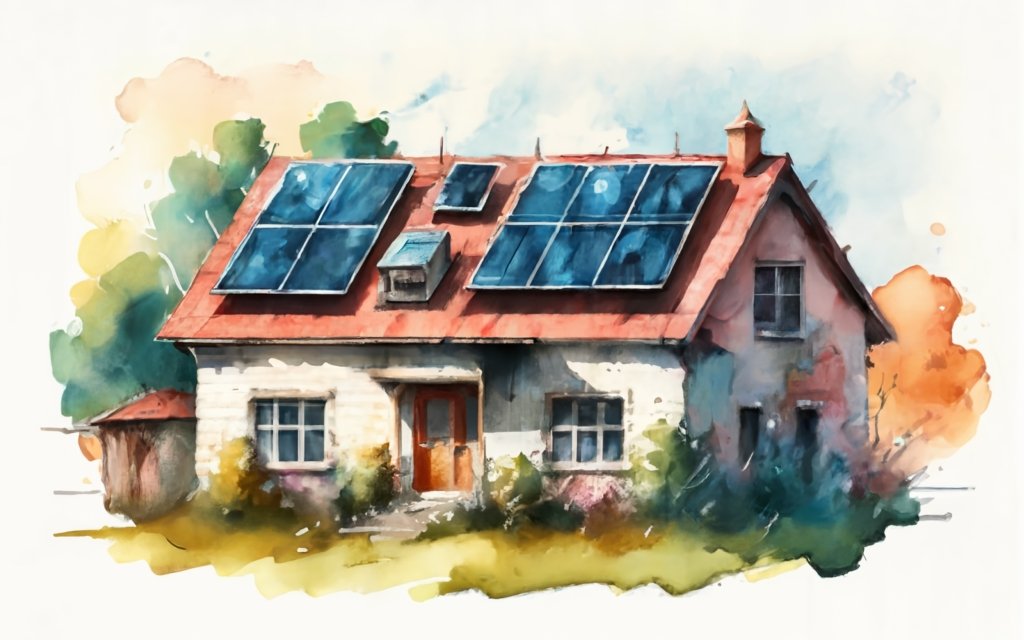
Average Solar Panel Installation Costs in India (2024)
While the exact cost varies depending on the factors mentioned above, here’s a general breakdown of average solar panel installation costs in India for different system sizes (excluding government subsidies):
- 1 kW System: ₹55,000 – ₹65,000
- 2 kW System: ₹1,10,000 – ₹1,30,000
- 3 kW System: ₹1,65,000 – ₹1,85,000
- 5 kW System: ₹2,50,000 – ₹2,70,000
Breakdown of Solar Panel Installation Costs
Here’s a closer look at the major cost components involved in solar panel installation:
- Solar Panels: Typically account for 50-70% of the total cost.
- Balance of System (BoS): Can range from 20-30% of the total cost.
- Labor Costs: Usually fall within the 10-15% range.
- Government Subsidies: (Not a cost, but a significant saving) – The subsidy amount varies depending on your location and system size. You can find details on the Ministry of New and Renewable Energy (MNRE) website.
Reducing Solar Panel Installation Costs
Several strategies can help you reduce the upfront cost of installing solar panels in India:
- Choosing the Right System Size: Don’t overshoot your energy needs. A properly sized system ensures you maximize solar energy generation without unnecessary investment.
- Comparing Quotes: Get quotes from multiple reputable solar installers to compare prices and find the best deal.
- Optimizing Roof Space: Ensure your roof is suitable for solar panel installation and maximize usable space for efficient energy generation.
- Considering Government Subsidies: Take advantage of government subsidies offered under the Rooftop Solar Programme to significantly reduce your investment.
- Financing Options: Explore loan options or financing programs offered by banks or solar companies to manage the upfront cost.
Financing Your Solar Installation
Several financing options can help you manage the upfront cost of solar panels. These include:
Solar Loans: Banks and financial institutions offer loans specifically designed for solar power systems.
Pay-As-You-Go Models: Some installers offer pay-as-you-go plans where you pay for the electricity generated by the system instead of the upfront cost.
Leasing Options: Leasing allows you to use a solar system without owning it, typically with a fixed monthly payment.
Long-Term Benefits of Solar Power
While the initial investment might seem substantial, the long-term benefits of solar power significantly outweigh the upfront cost. Here are some key advantages to consider:
Reduced Electricity Bills: Solar panels generate clean energy, significantly reducing your reliance on the grid and lowering your electricity bills. Over a typical lifespan of 25 years, a solar power system can save you lakhs of rupees on electricity costs.
Increased Property Value: Homes with solar panels are often viewed as more sustainable and eco-friendly, making them attractive to potential buyers. Studies suggest that homes with solar power can sell faster and even command a higher price point.
Protection Against Rising Electricity Costs: Historically, electricity prices have steadily increased. Solar power offers a hedge against these rising costs, ensuring predictable energy expenses over the long term.
Environmental Benefits: Solar energy is a clean and renewable source of power. By going solar, you contribute to reducing greenhouse gas emissions and combating climate change.
Low Maintenance Costs: Solar panels require minimal maintenance. Regular cleaning and occasional inspections are all that’s typically needed to ensure optimal performance.
Energy Independence: With a properly sized solar system, you can significantly reduce your dependence on the traditional electricity grid, promoting a sense of energy independence and self-reliance.
Government Incentives: Beyond the initial subsidies, some states offer additional benefits like net metering policies that allow you to sell excess solar energy back to the grid, earning credits on your electricity bill.
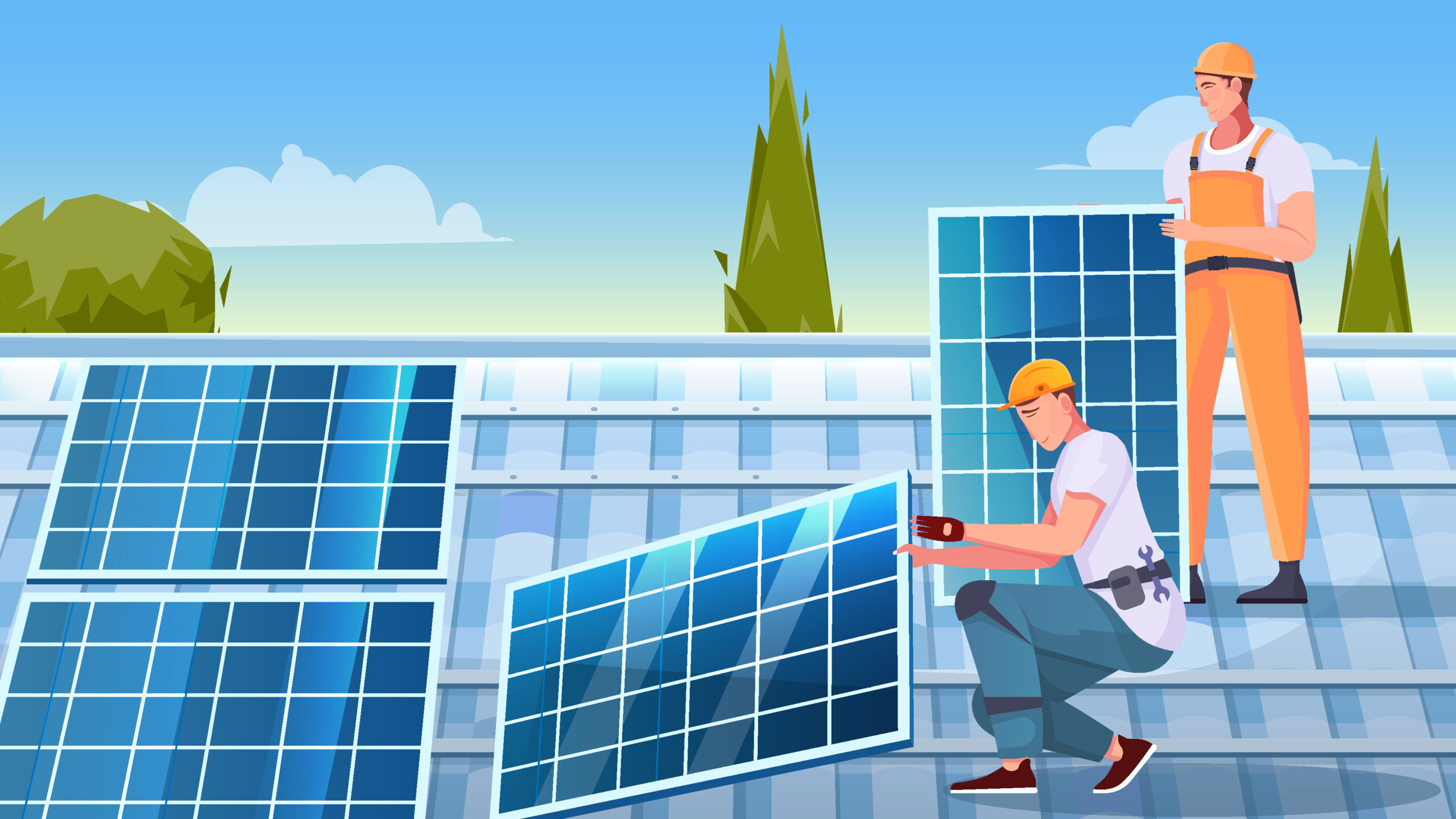
Finding the Right Solar Installer
Choosing the right solar installer is crucial for a successful solar journey. Here are some tips to guide you:
Get Multiple Quotes: Don’t settle for the first offer. Compare quotes from several reputable installers to ensure you’re getting the best value.
Check Credentials: Verify the installer’s experience, certifications, and licenses. Reputable companies will have a proven track record and be familiar with government subsidy programs.
Read Reviews: Look for online reviews and testimonials from past customers to get an understanding of the installer’s work ethic and customer service.
Warranty and After-Sales Service: Ensure the installer offers a comprehensive warranty on the panels, inverter, and installation work.
Making an Informed Decision
Investing in solar panels is a long-term commitment. By carefully considering the factors affecting installation costs, exploring cost-saving strategies, and understanding the significant long-term benefits, you can make an informed decision about whether solar power is the right choice for you.
Additional Resources
Join whatsApp Channel
Frequently Asked Questions
The upfront cost depends on the size of the system you need (based on your electricity consumption) and various factors like panel type, government subsidies, and labor costs. On average, expect a range of ₹55,000 - ₹65,000 for a 1 kW system, increasing proportionally for larger systems. Remember, government subsidies can significantly reduce this cost.
There are two main types: monocrystalline (most efficient, most expensive) and polycrystalline (slightly less efficient, more affordable). Newer bifacial panels offer even higher efficiency but come at a premium. Choosing the right type depends on your budget and desired efficiency level.
A south-facing roof with good sunlight exposure is ideal. However, installers can assess your specific roof and suggest solutions like additional support structures if needed. This might add to the cost, so discuss options with potential installers.
Solar panels are relatively low-maintenance. Regular cleaning and occasional inspections are generally enough to ensure optimal performance.
While possible, it's not always the most cost-effective option. Grid-connected systems with net metering allow you to use solar power during the day and rely on the grid at night, potentially even selling excess energy back for bill credits.
Yes! The government offers subsidies under the Rooftop Solar Programme to encourage solar adoption. These subsidies can significantly reduce the upfront cost. Additionally, some states offer net metering policies for further financial benefits.
solar panel cost India, cost of solar panels in India, solar panel installation price India, rooftop solar panel cost India, how much to install solar panels India, India solar panel system cost, cost of domestic solar panel India, price of 1kw solar panel India, cost of 5kw solar panel system India, solar panel installation subsidy India, how to reduce solar panel installation cost India, financial benefits of solar panels India, is solar power cost effective in India, solar panel installation benefits India, India net metering policy for solar, solar energy for home India, is solar a good investment India, benefits of solar power for home India, how to go solar in India, best solar company for home India
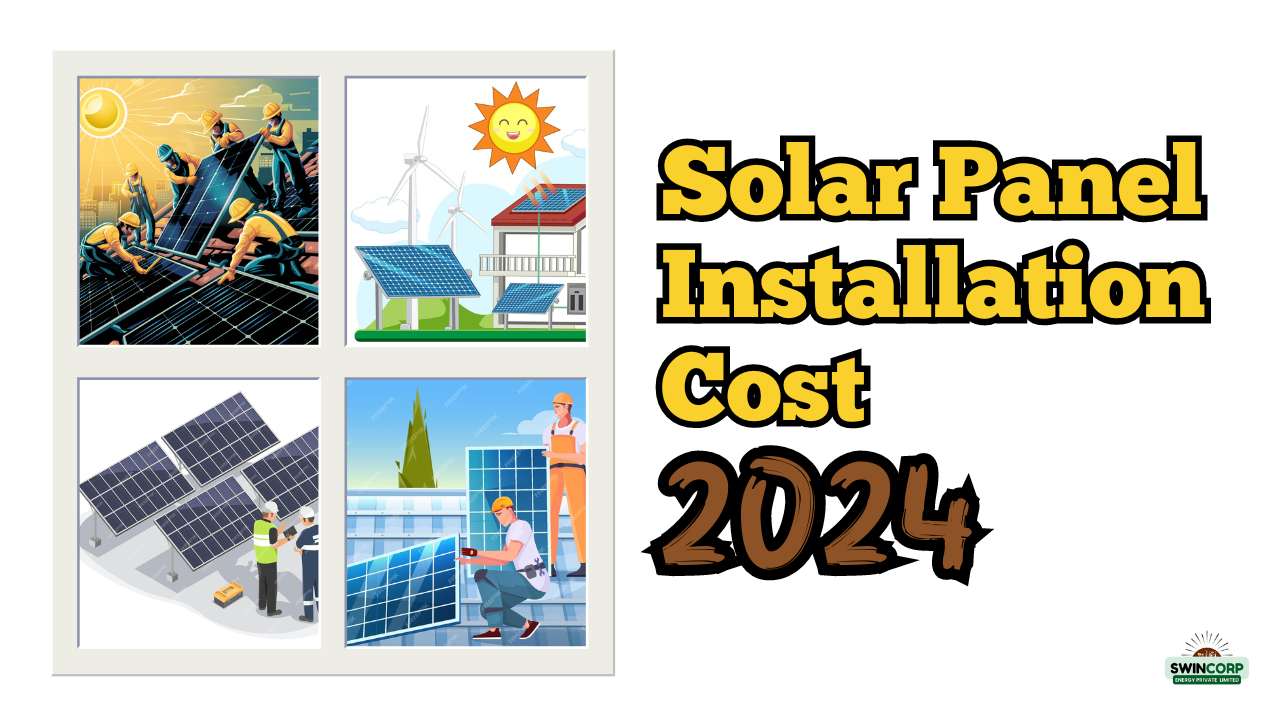
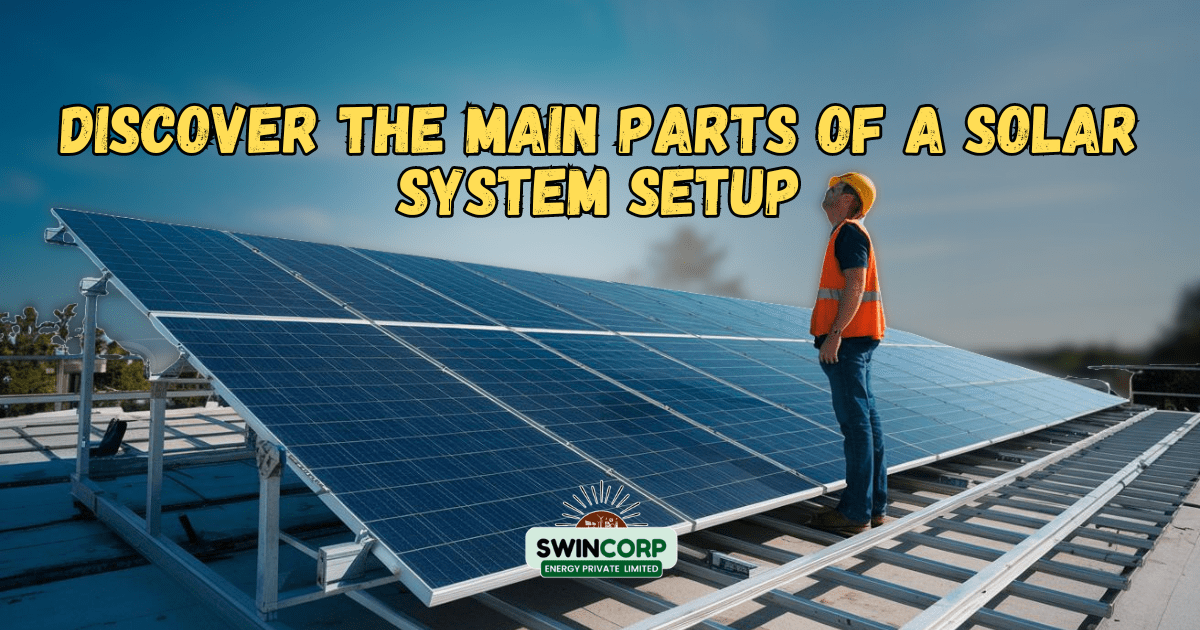
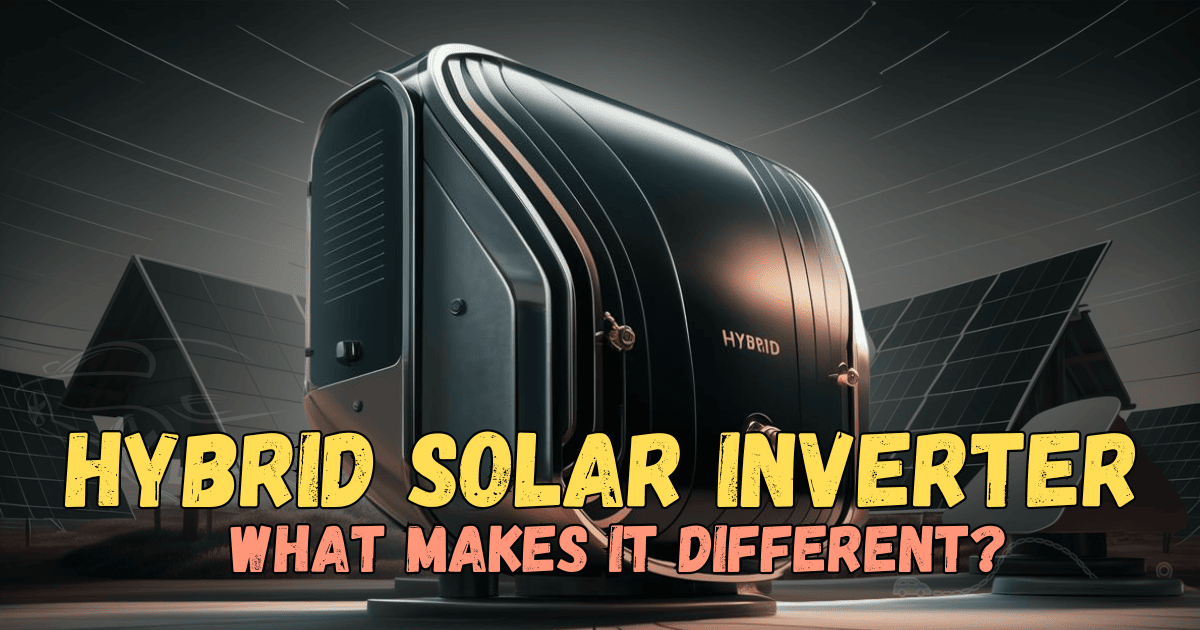
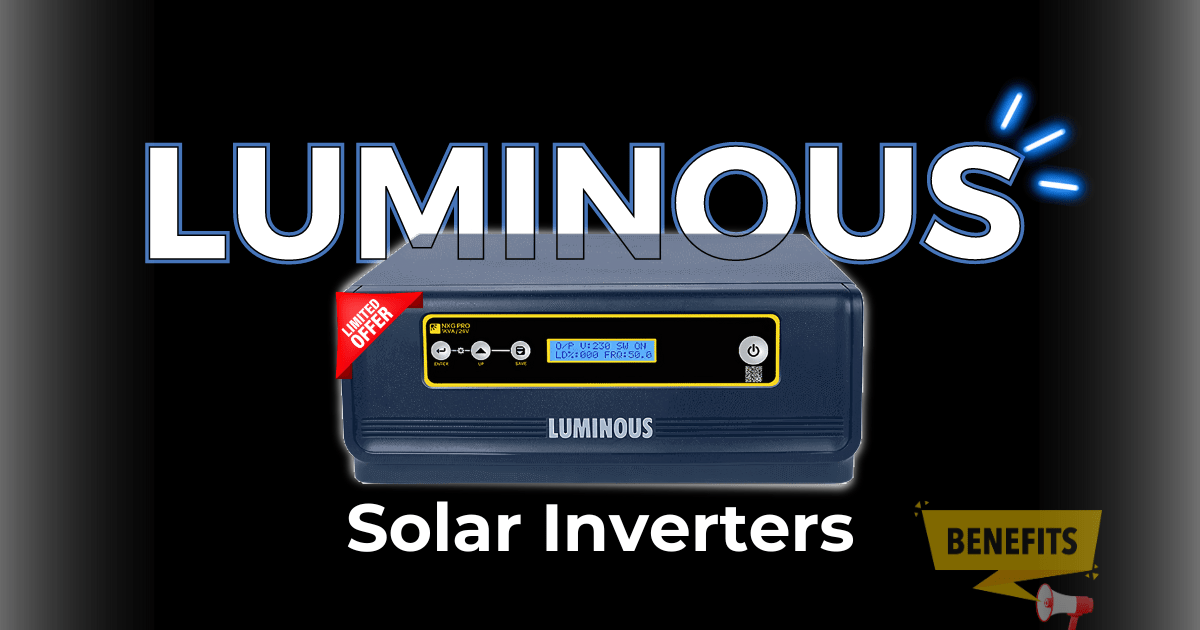
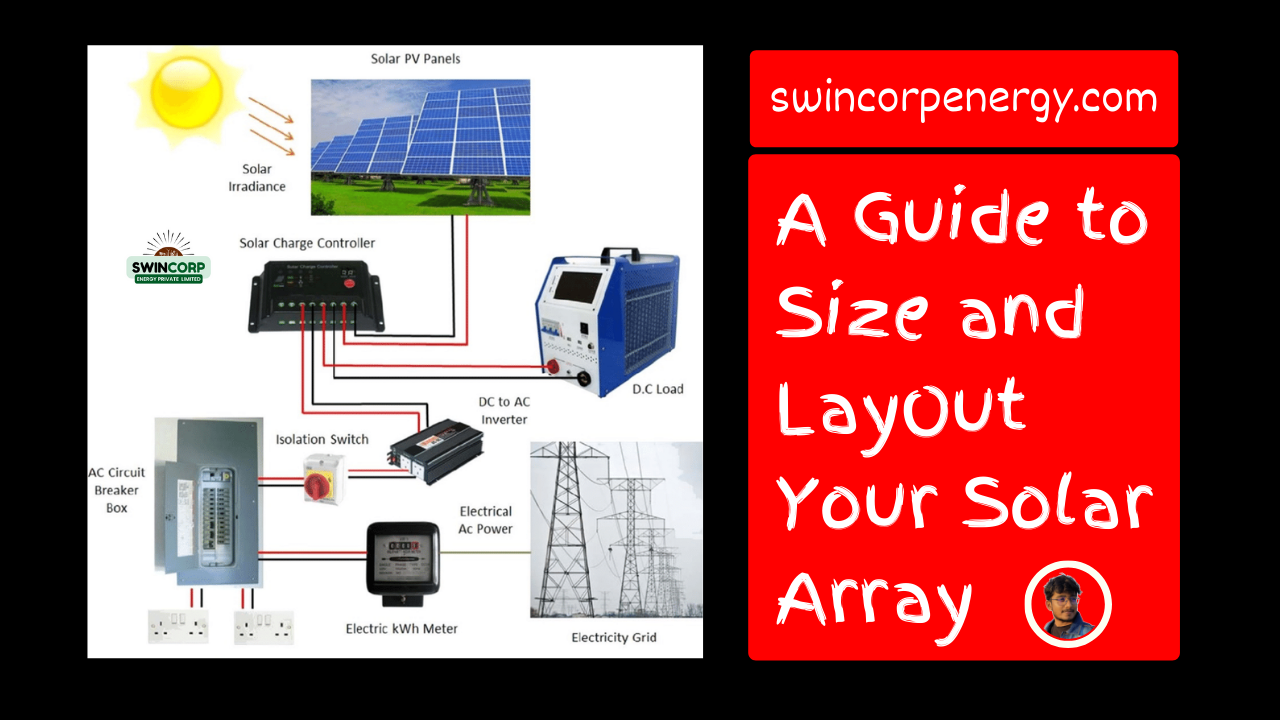
solar panel installation cost | 2024 - Dailygreenworld
[…] Source link […]